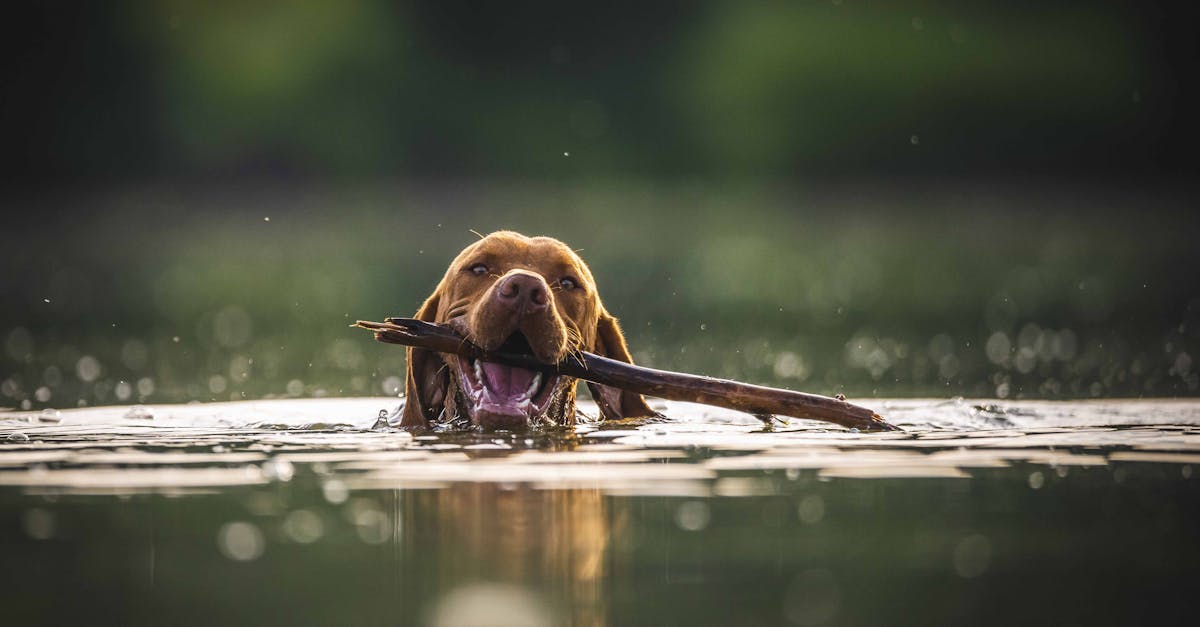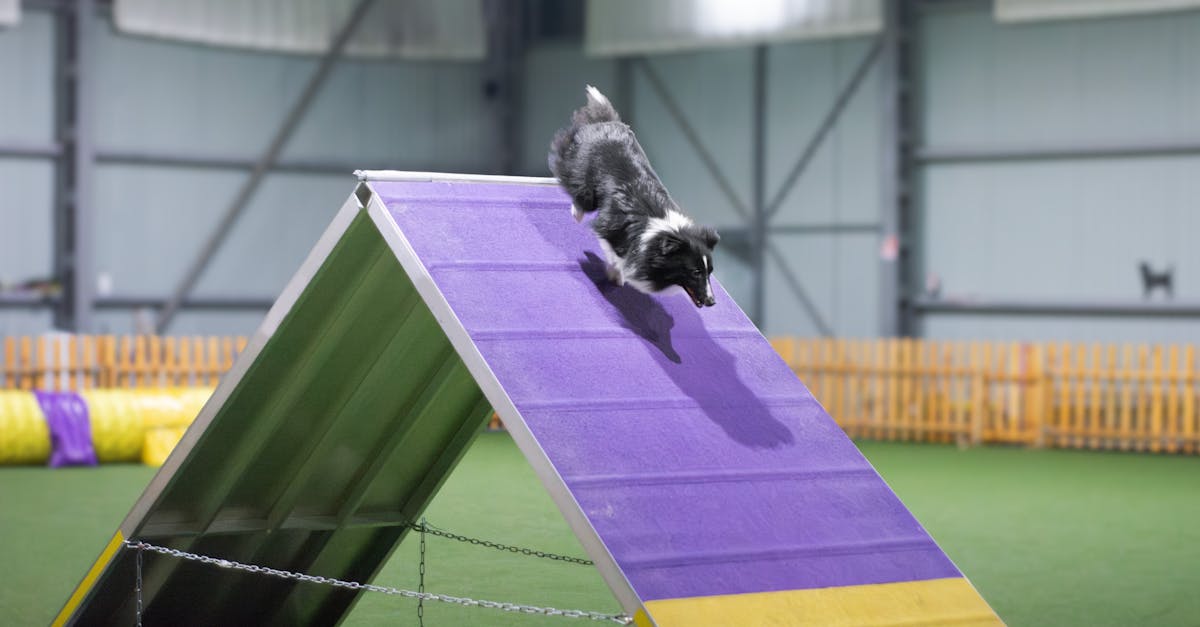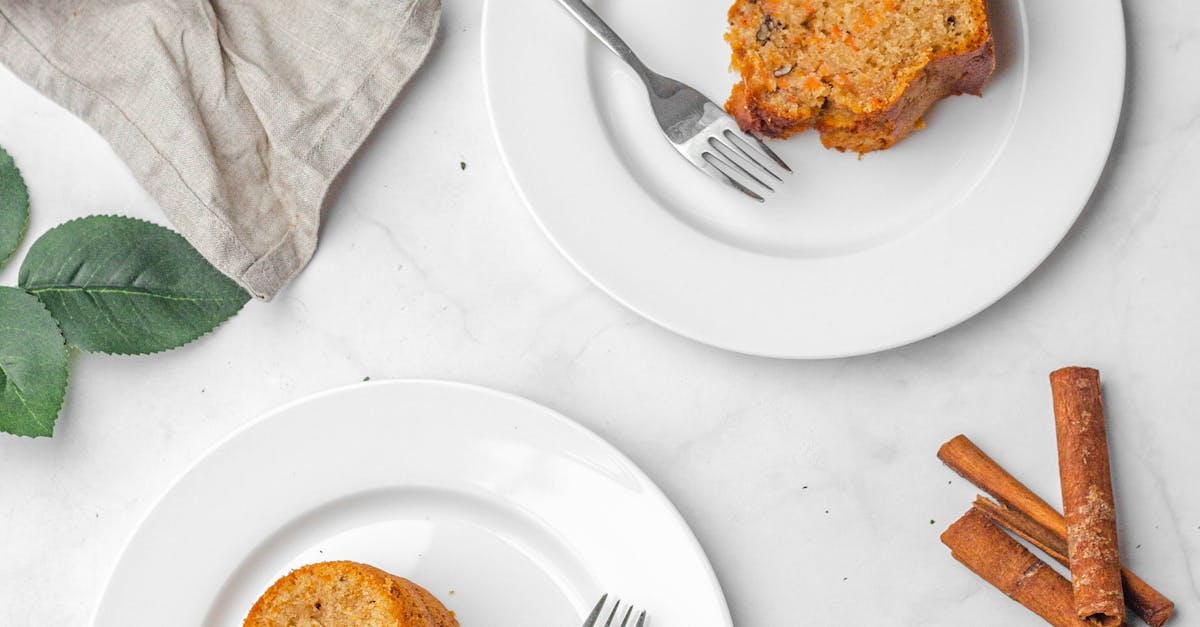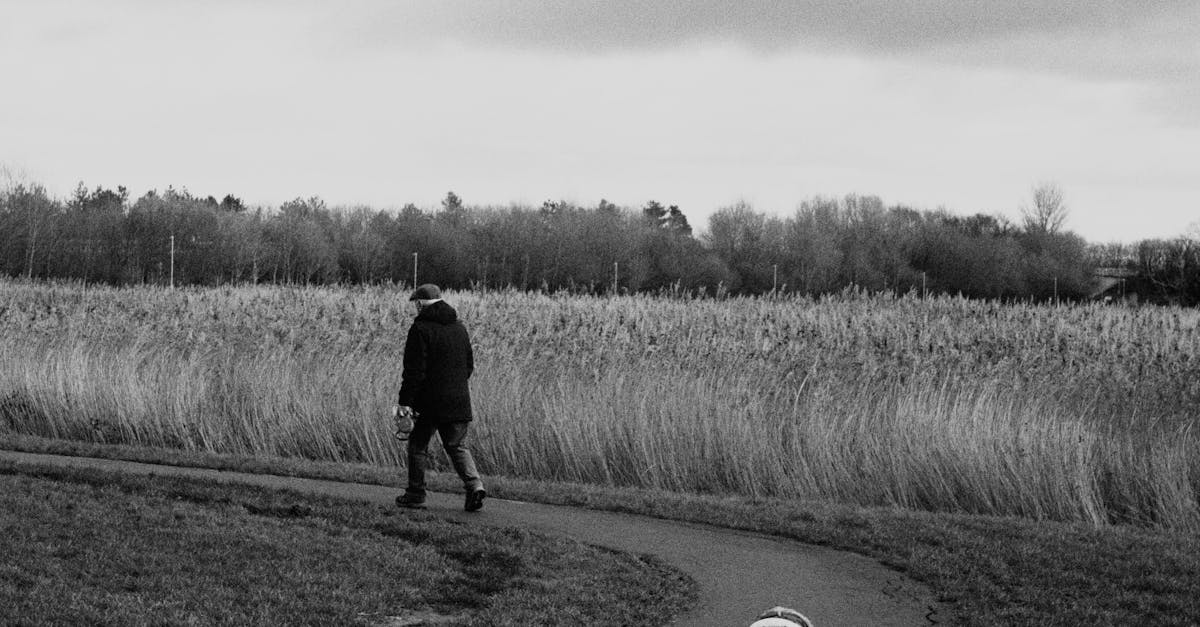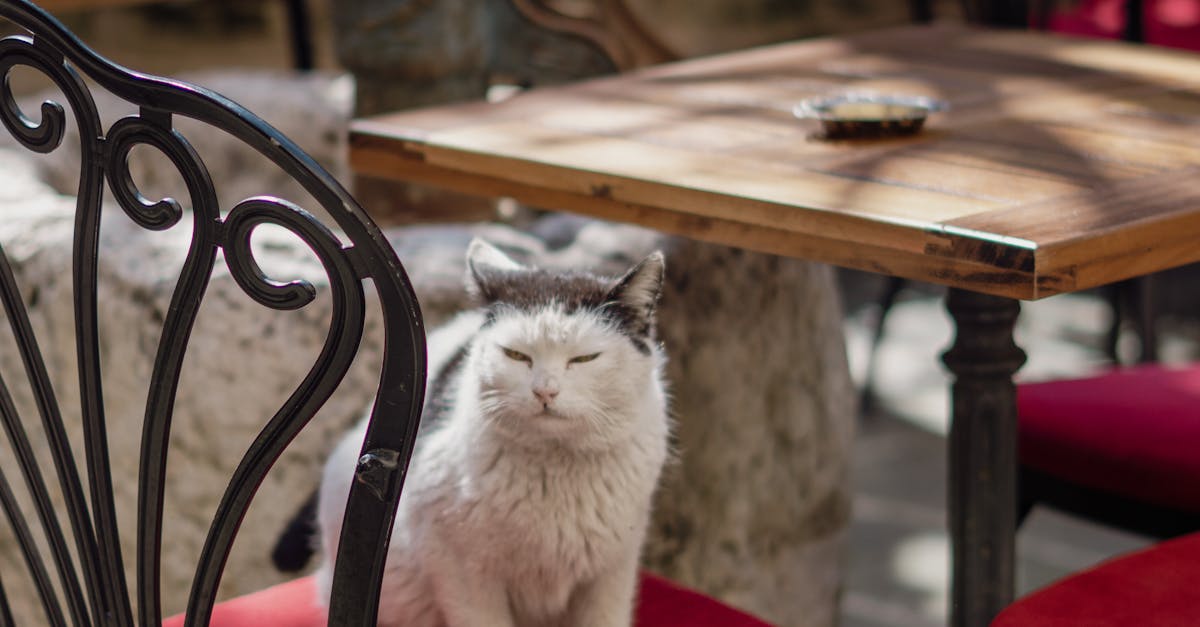
How To Create A Pet-friendly Garden
- October 03, 2024
- 3 min Read
- Views 1.03K
How to Create a Pet-Friendly Garden
When it comes to loving our pets, ensuring they have a safe and enjoyable environment is high on every pet owner's priority list. Creating a garden that is both beautiful and pet-friendly can be a delightful endeavor. This guide will help you understand how to create a pet-friendly garden using thoughtful design, safe plants, and effective practices.
Understanding Your Pet's Needs
Before embarking on your gardening journey, it's crucial to understand your pet's specific behaviors and needs. Some pets like to dig, while others may enjoy nibbling on plants. Certain animals require shaded areas, whereas others might love basking in the sun. Observing and adapting to their behaviors is the first step in how to create a pet-friendly garden.
Choosing Safe Plants
The selection of plants is a fundamental aspect of creating a safe garden for your pets. Some common garden plants can be toxic to pets if ingested. Research and select non-toxic plants such as sunflowers, snapdragons, and rosemary. Alternatively, consider adding pet-safe plants like catnip for cats or lemongrass, which many animals enjoy.
Designing Pet-Safe Features
Incorporating pet-safe features in your garden design not only enhances its aesthetic appeal but also ensures the safety and happiness of your pets. Consider pathways made of soft materials for a comfortable walk, install a water feature for hydration and play, and provide shaded areas with canopies. Fences should be animal-proof to keep your pets safe inside while keeping unwanted creatures out.
Guide Steps to Creating a Pet-Friendly Garden
- Step 1: Assess Your Space
Begin by evaluating your available space. Determine the amount of sun, shade, and overall area you can dedicate to your garden. Consider your pet’s size, ability to roam, and how they interact with different environments.
- Step 2: Select Appropriate Flora
Choose plants that are non-toxic and durable. Hardy varieties can withstand your pet’s activities better. Incorporate a mix of textures and heights to add visual appeal while considering your pet’s interaction with these plants.
- Step 3: Create Safe Boundaries
Install secure fencing to prevent your pet from wandering. Ensure there are no escape routes or sharp edges that could harm. Gates should be firmly latched.
- Step 4: Add Play Areas
Dedicate specific areas for play. Use pet-safe mulch or grass to create comfortable spots for digging. Incorporate toys and structures for enrichment.
- Step 5: Provide Water Sources
Access to fresh water is crucial. Consider installing a small pond or running water feature. Ensure water features are shallow or have an easy exit to prevent drowning.
- Step 6: Maintain Regularly
Regular maintenance is key. Keep an eye out for fallen branches, harmful plants, or other hazards. Regularly prune and manage plant growth to avoid overgrowth that could conceal dangers.
Frequently Asked Questions (FAQ)
1. What are some pet-friendly garden features?
Pet-friendly gardens can include features like secure fencing, shaded areas, non-toxic plants, water features, and designated digging spots.
2. How can I keep my garden plants safe from pets?
To protect garden plants from pets, opt for hardy varieties, and consider placing delicate plants at higher levels or in fenced areas.
3. Are mulch and fertilizers safe for pets?
Some mulches and fertilizers can be harmful to pets. Use organic or pet-safe alternatives, such as cedar mulch and non-toxic fertilizers.
Tags
#PetFriendlyGarden #PetSafe #GardenDesign #PlantSafety #OutdoorSpace
References
People Also View
-
1October 03, 2024
-
2October 09, 2024
-
3October 02, 2024
-
4October 03, 2024
-
5October 03, 2024
Categories
- Near Me 2147 Posts
- How To 548 Posts
- Where To 257 Posts
- Why 90 Posts
- How Much 97 Posts
- Travel 202 Posts
- Food And Drink 815 Posts
- Shopping 797 Posts
- Lifestyle 1050 Posts
- Automotive 364 Posts
- Digital Income 70 Posts


